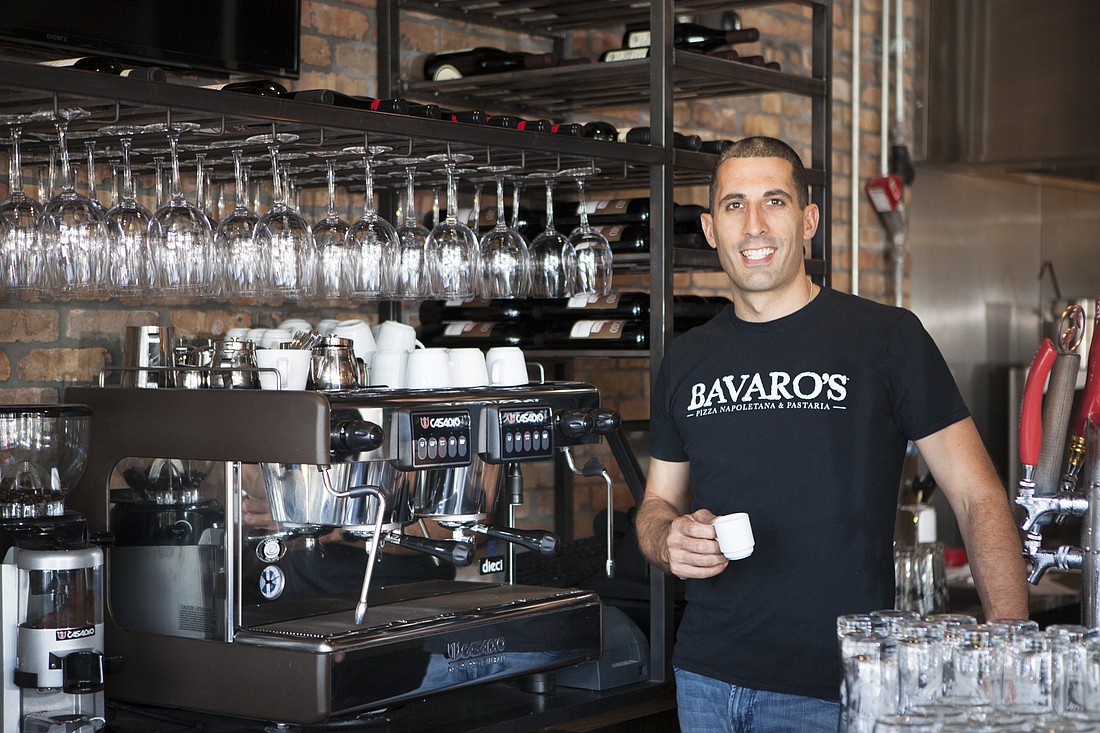- December 19, 2024
-
-
Loading

Loading

The employee shortage at Bavaro’s Pizza Napoletana & Pastaria, a chain of Italian restaurants with locations in St. Petersburg, Sarasota and Tampa, is at about 15% — rough but not as crippling as some others in the region.
Yet founder and owner Dan Bavaro, despite his best efforts, keeps getting ghosted —people responding to job postings but not showing up for interviews. Since entry level restaurant jobs like dishwashing and line cooks aren’t traditionally high paying, many people who’d normally be looking for work find it’s more economically feasible to stay home and collect unemployment benefits, he says. A common refrain in the current crisis.
“I believe what’s being done is, they’re taking the information as if they’re applying for the job, using it for unemployment, and just not showing up,” he says. “They’ll set up an interview and no show. Or they’ll no show a phone interview. That’s kind of the trend.”
(The applicant ghosting strategy might be for naught in at least one respect: The Florida Department of Economic Opportunity recently extended a waiver allowing unemployed Floridians to continue receiving benefits even without proving they are actively job-hunting. The waiver will remain in effect until May 29, according to an April 27 DEO tweet.)
And ghosting is just one part of the problem.
'If you think about it, if we need to hire three people, that’s 750 bucks, right? At the end of the day, I’d pay 750 all day long to keep someone because I know if they’re not going to work out, that window ain’t going to be 60 days. It’s going to be a week to two weeks. If they last 60 days, that’s an investment to find the right person.' Dan Bavaro, Bavaro’s Pizza Napoletana & Pastaria
The industry was hit so hard by the pandemic a lot people who worked in restaurants got out of the business, Bavaro says. They were worried about future shutdowns and being unable to sustain their livelihood. Others may have an underlying illness and fear heading back to a restaurant setting.
“The workforce in the hospitality industry felt a huge hit with COVID-19. Some industries benefit OK, and some suffer,” Bavaro says. “Hospitality suffered. Especially servers and kitchen (workers). They lost hours, their incomes.”
Bavaro is addressing the issue, including posting openings on most every jobs site available. He's also turning to incentives.
Bavaro has started setting up immediate phone interviews with people who apply and then paying $25 for the interview. The interviewee, though, has to come to the restaurant to collect their money.
The plan is to get the person, who’s asked in advance, to work a couple of hours when they come to pick up the cash. So, the interviewee not only gets the $25, but gets paid for working.
“Now you’re in,” Bavaro says. “You see what it’s like. If you like what you see, there’s the opportunity for that person to say, ‘You know, I think I want to stay here and work for you guys.’”
The idea is to get people in for interviews, in a day or two, and working a lot quicker than at other times.
Bavaro has hired eight people since he launched that plan in mid-April.
Another incentive is a refer-a-friend program.
Anyone — whether a current employee or diner — who refers an employee who works for 60 days gets $250 in cash on day 60. The person who was hired gets $250 as well. “It’s the cost of doing business,” he says.
“If you think about it, if we need to hire three people, that’s 750 bucks, right? At the end of the day, I’d pay 750 all day long to keep someone because I know if they’re not going to work out, that window ain’t going to be 60 days," Bavaro says. "It’s going to be a week to two weeks. If they last 60 days, that’s an investment to find the right person.”
Read more about how the service industry is struggling to find workers: